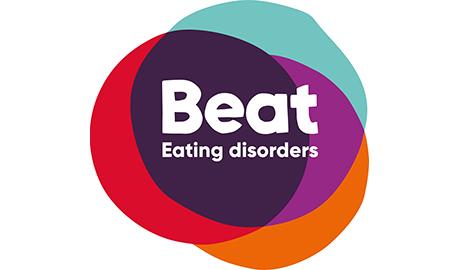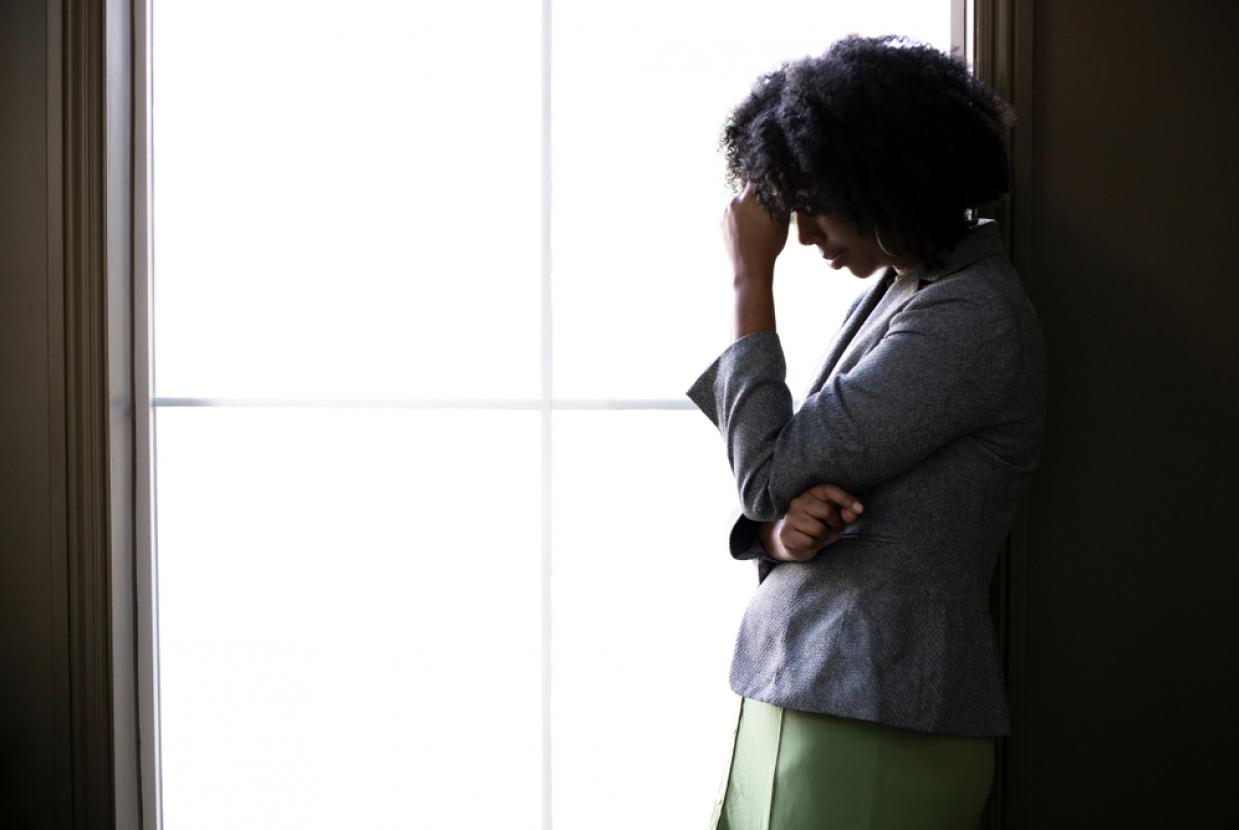What Is Anorexia?
Anorexia (or anorexia nervosa) is a serious mental illness where people are of low weight due to limiting their energy intake. It can affect anyone of any age, gender, or background. As well as restricting the amount of food eaten, they may do lots of exercise to get rid of food eaten. Some people with anorexia may experience cycles of bingeing (eating large amounts of food at once) and then purging.
The way sufferers see themselves is often at odds with how others see them – they often have a distorted image of themselves, and think they’re larger than they really are. They experience a deep fear of gaining weight, and will usually challenge the idea that they should.
Sometimes, someone’s symptoms may not exactly match all the criteria a doctor checks for to diagnose anorexia – for example, they may remain at a weight considered “normal” for their age, sex, and expected development. Depending on the exact symptoms, they might be diagnosed with atypical anorexia or another form of other specified feeding or eating disorder (OSFED). This is just as serious and can develop both into or from anorexia. It’s just as important that people suffering with OSFED get treatment as quickly as possible.
The behaviour associated with anorexia can contribute to a feeling of control – many people who have spoken about their anorexia have said that they felt they could control what they ate and their body weight when they didn’t feel they could control other aspects of their lives. There are many different reasons that someone might develop anorexia, but it’s important to remember that eating disorders are often not about food itself. They are mental illnesses, and treatment should address the underlying thoughts and feelings that cause the behaviour.
Signs and Symptoms
Behavioural:
- Saying they have eaten earlier or will eat later, or that they have eaten more than they have
- Not being truthful about how much weight they have lost
- Strict dieting and avoiding food they think is fattening
- Counting the calories in food excessively
- Eating only low-calorie food
- Missing meals (fasting)
- Avoiding eating with other people
- Hiding food
- Cutting food into tiny pieces to make it less obvious they have eaten little or to make food easier to swallow
- Eating very slowly
- Taking appetite suppressants, such as slimming or diet pills
- Obsessive and/or rigid behaviour, particularly around food
- Irritability
- Excessive exercising – this might involve exercising when not physically well enough to do so, or feeling guilty or anxious about not exercising
- Vomiting or misusing laxatives (purging)
- Social withdrawal and isolation
- Compromise of education and employment plans
Psychological:
- Fear of fatness or pursuit of thinness
- Excessive focus on body weight
- Distorted perception of body shape or weight – for example, thinking they are much larger than they are
- Underestimating or denying the seriousness of the problem, or believing there isn’t a problem at all, even after diagnosis
- Spending a lot or most of their time thinking about food
- Anxiety, particularly about eating in front of other people
- Low confidence and self-esteem
- Difficulty concentrating
- Perfectionism and setting very high standards for themselves
- Other mental illnesses, such as depression, anxiety, or obsessive-compulsive disorder (OCD)
Physical:
- Weight loss
- Irregular periods, or periods stopping altogether
- Lack of sexual interest
- Difficulty sleeping
- Tiredness
- Feeling dizzy
- Stomach pains
- Constipation
- Bloating
- Feeling cold or have a low body temperature
- Growth of soft, fine hair all over your body (called lanugo)
- Hair loss
- Physical weakness
- Loss of muscle strength
- Effects on hormone levels
- Swelling in their feet, hands or face (known as oedema)
- Low blood pressure
To contact Beat Eating Disorders, call the helpline on 0808 801 0677 or visit their website for more support, one-to-one web chat and helpfinder - www.beateatingdisorders.org.uk

























